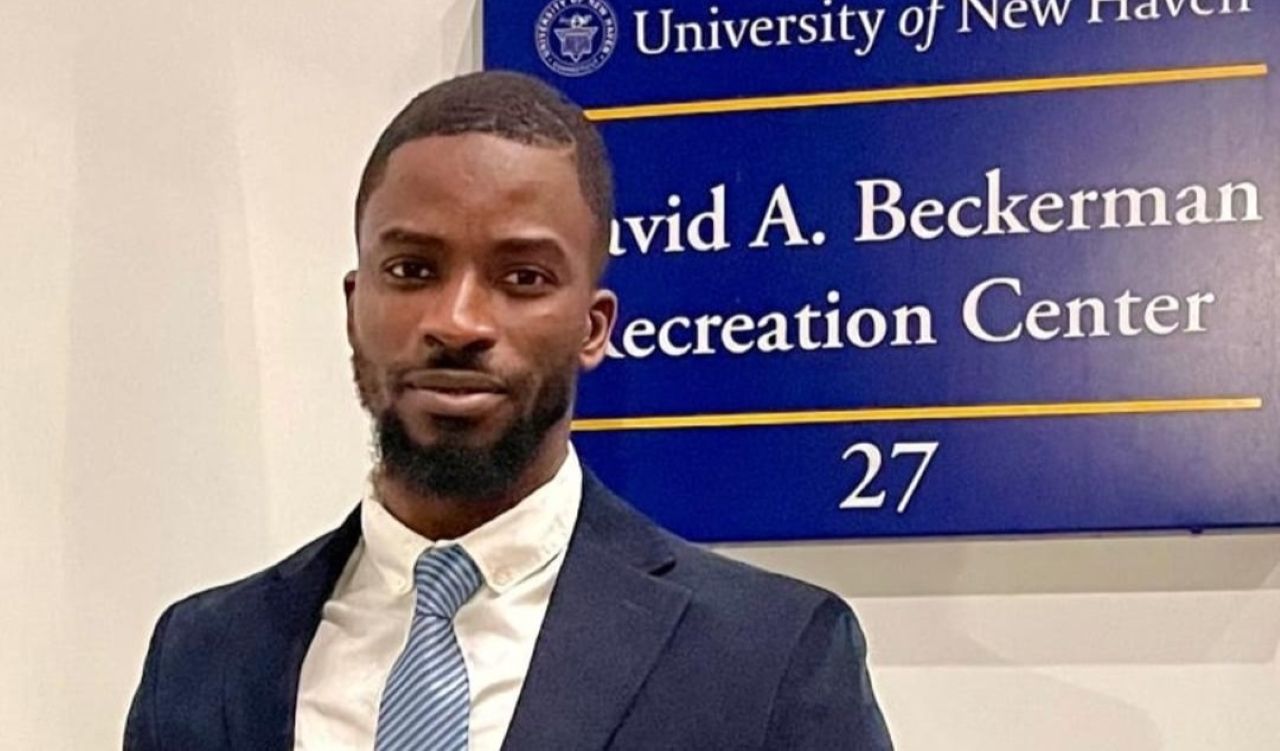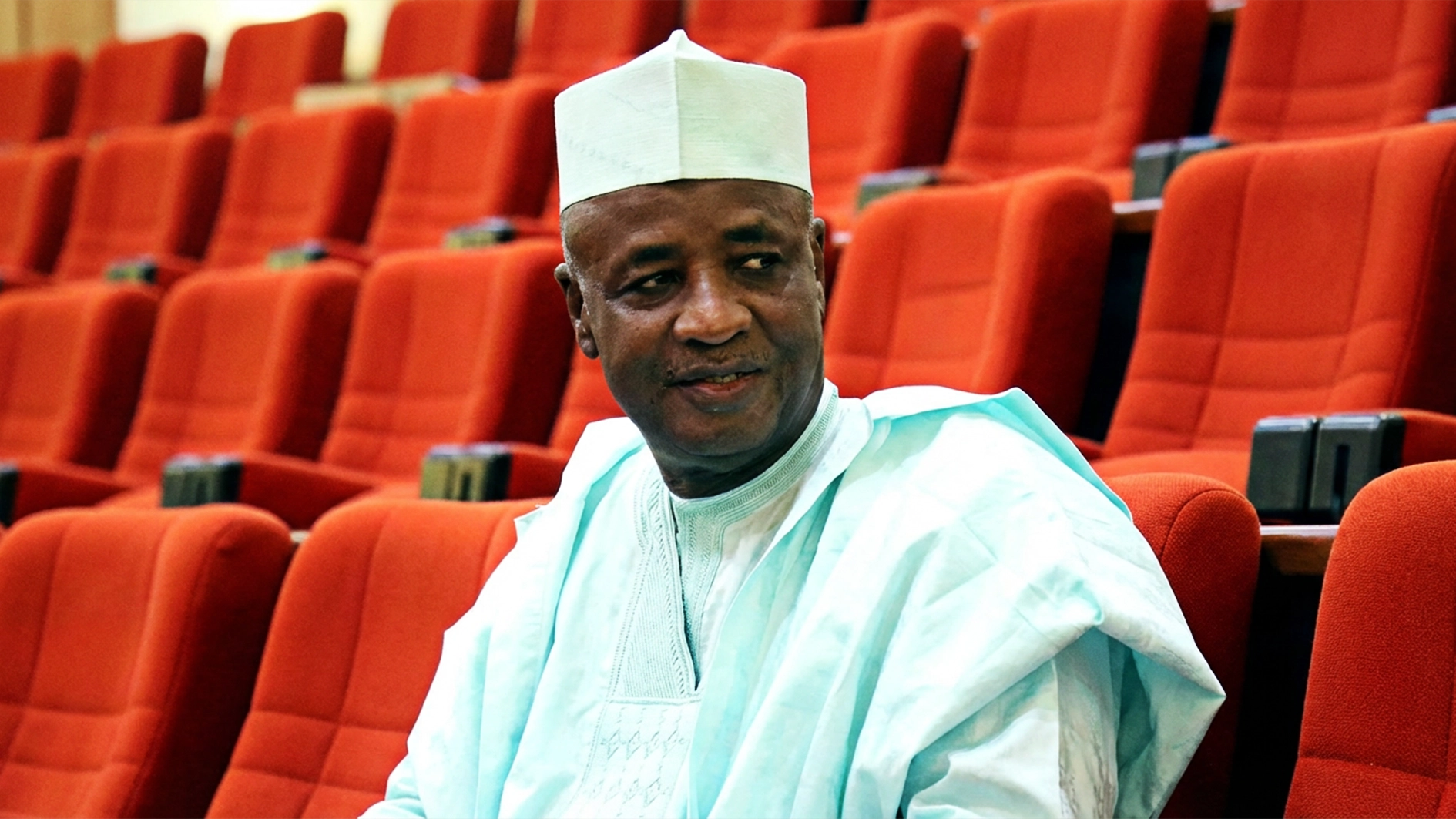 A United States-based Nigerian environmental scientist, Bashiru Abdullahi is making significant and critical contribution in waste diversion with groundbreaking circular economy frameworks designed to maximize resource reusability.
A United States-based Nigerian environmental scientist, Bashiru Abdullahi is making significant and critical contribution in waste diversion with groundbreaking circular economy frameworks designed to maximize resource reusability.
His innovative approach, which has been developed through years of practical experience and academic research, is now set to reshape waste management across the US and globally.
Bashiru’s journey into waste management began about 10 years ago when he joined Scrapays, a Lagos-based recycling technology startup, as a brand and product[UIUX] designer.
He swiftly rose to prominence by leading the company’s rebranding in 2019, renaming it from Incycle to Scrapays and designing its new identity. However, his impact extended beyond design, as he actively plays a leading role through engaging in fieldwork with waste collectors and operators to understand the sector’s inefficiencies.
“Those field visits transformed my understanding of waste management,” Bashiru told our correspondent. “Seeing informal collectors and redemption centers at work exposed me to inefficiencies but also excellent opportunities for innovation.”
His exposure to Lagos’ recycling ecosystem created the foundation for his future research and technological solutions in waste diversion.
At Scrapays, using his expertise in product design, Bashiru led the development of technology-driven waste solutions, including a mobile app that allowed waste sellers to estimate their waste value efficiently. He also made original contributions towards building an administrative dashboard that helped businesses track their recycling contributions and financial benefits, making environmental responsibility more meaningful and resourceful.
These intuitive innovations contributed to Scrapays’ recognition, including the prestigious Deji Alli Young Talent Award (DAAYTA) in 2021 and selection for the Google Black Founders Fund—the only waste management company to receive the grant that year, which is an excellent achievement.
Building on his experiences in Nigeria, Bashiru pursued a master’s degree in Environmental Science at the University of New Haven, where he focused his final year project on recyclable waste collection centers in New Haven County. Rather than leaving his findings on paper, he transformed them into action by founding Natcycle LLC, a startup dedicated to implementing innovative waste diversion strategies.
While working on Natcycle, Bashiru is developing two groundbreaking frameworks: the Social Resource Network (SRN) and Continuous Universal Reusability Design (CURD). SRN connects waste generators with potential users within communities, creating a localized circular economy. CURD, on the other hand, offers a method for increasing and calculating an item’s reuse value by identifying multiple pathways for repurposing, from reusing it as a whole for other purposes to chemical reclamation.
“Most traditional recycling methods fail to maximize reusability potential,” Bashiru explained. “Take plastic bottle recycling for example, while it is impressive and help divert away from landfills, the process release toxins are there are not so many commercially viable applications for them on a small scale, slicing them into 3D printer filament for example is another repurposing pathway, We need a more holistic approach.” His frameworks seek to address these inefficiencies by optimizing waste materials’ lifecycle.
With plans to publish his research discoveries on SRN and CURD frameworks, Bashiru aims to integrate economic, social, and environmental considerations into waste management”.
“My experience in Lagos as a product UIUX designer which requires me to understand human/user behavior and how to design a fitting product that aligns with them or change their behavior for good has shown me how crucial it is to design systems that align with human behaviors and economic incentives,” he noted. “The most brilliant environmental solution fails if it doesn’t recognize how people and businesses make decisions.”






